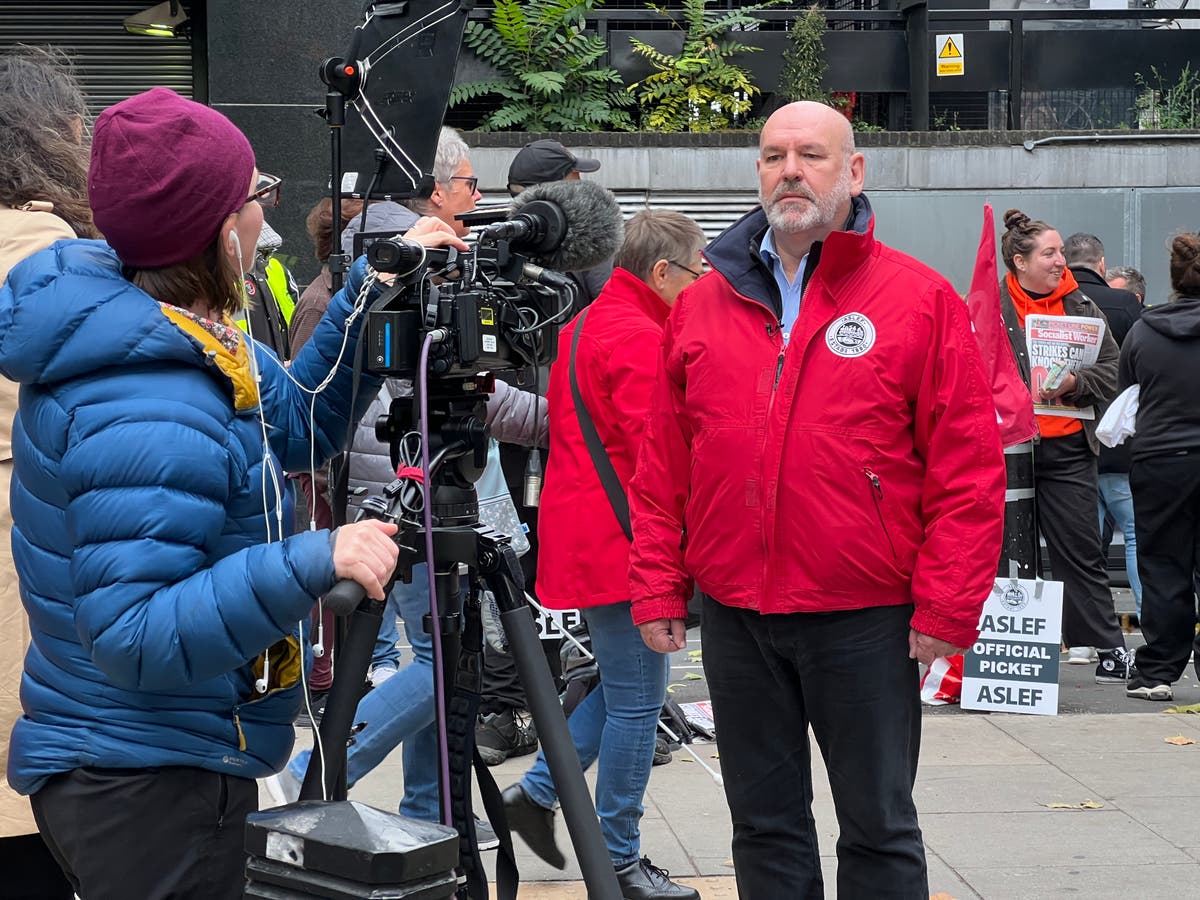Three years after the longest and most bitter dispute in the history of British railways began, a settlement appears to be in sight.
The train drivers’ union, Aslef, is recommending acceptance of a “no-strings” pay deal that will see an immediate payment of £6,000 in backdated wages for the typical member.
The agreement, which Aslef members will now vote on, is for three increases:
- 5 per cent for 2022-2023
- 4.75 per cent for 2023 to 2024
- 4.5 per cent for 2024 to 2025.
The deal would see the average salary of a train driver, without overtime, rising from £60,000 to £69,000.
Mick Whelan, general secretary of Aslef, said: “We are pleased that after being treated with utter contempt for the last two years by the privatised train companies, and the previous government that was pulling their strings, we finally have a new government – a Labour government – that listens and wants to make the railway work for staff, for passengers, and for the taxpayer.
“‘The offer is a good offer – a fair offer – and it is what we have always asked for, a clean offer, without a land grab for our terms & conditions that the companies, and previous government, tried to take in April last year.
“We will put it to members with a recommendation for them to accept.”
If, as expected, union members vote to accept the deal, it will bring to an end over three years of disruption for rail passengers – which began with train drivers walking out for the first of many one-day strikes in July 2021.
As the deal is backdated, the average member can expect in their next pay packet additional wages of around £6,000 covering the increase for recent years.
The dispute involves the 14 English rail firms whose operations are controlled by the DfT. They comprise all the major commuter and intercity operators, including South Western Railway, Govia Thameslink, Avanti West Coast, GWR, LNER, CrossCountry and Northern.
Since the pandemic, rail revenue has slumped, with taxpayers making up the difference. A succession of Conservative prime ministers and transport secretaries insisted any pay increase was contingent on wide-ranging reforms to working practices.
But Aslef demanded a no-strings pay rise followed by talks with individual train operators on changes to working practices – which would come at a price.
The series of 14 one-day nationwide strikes continued to October 2023. Then Aslef brought in new tactics: “rolling” one-day strikes hitting one region at a time, aimed at causing maximum disruption for minimum loss of pay.
Strikes have been augmented by 11 overtime bans. Refusing rest-day working causes widespread disruption because so much of the rail industry is dependent on overtime – especially on Sundays.
Talks between Tory ministers and the union last took place in January 2023. Since then, train drivers have voted repeatedly with large majorities to continue industrial action.
The Labour transport secretary, Louise Haigh, said: “When I took this job, I said I wanted to move fast and fix things – starting by bringing an end to rail strikes.
“The Conservatives were happy to see the taxpayer pay the price as strikes dragged on and on, and passengers suffered. This Labour government is doing the right thing and putting passengers first.
“If accepted, this offer would finally bring an end to this long-running dispute, and allow us to move forward by driving up performance for passengers with the biggest overhaul to our railways in a generation.”
The Rail Delivery Group (RDG), which had been conducting sporadic talks, was sidelined as direct negotiations began between the DfT and Aslef.

